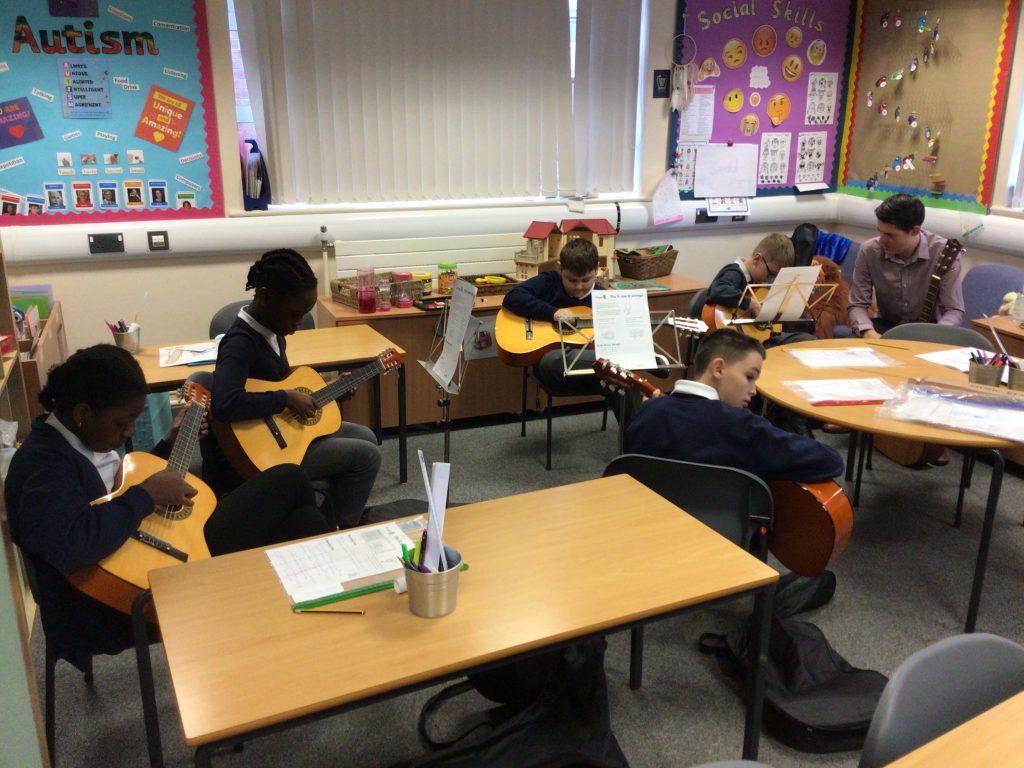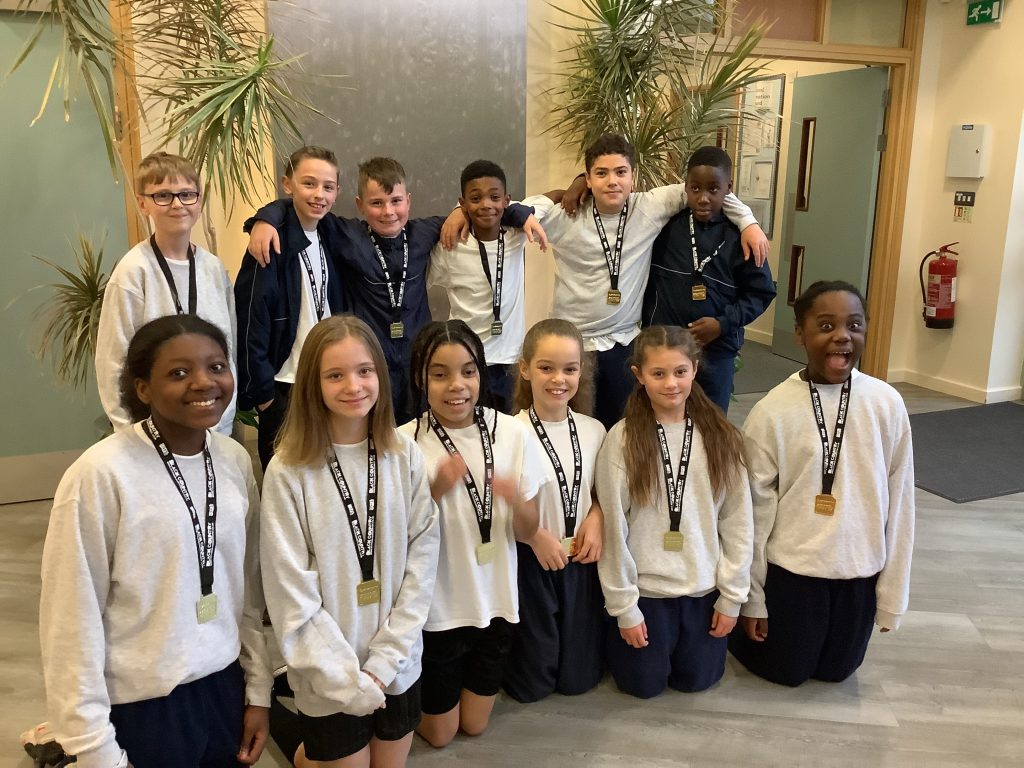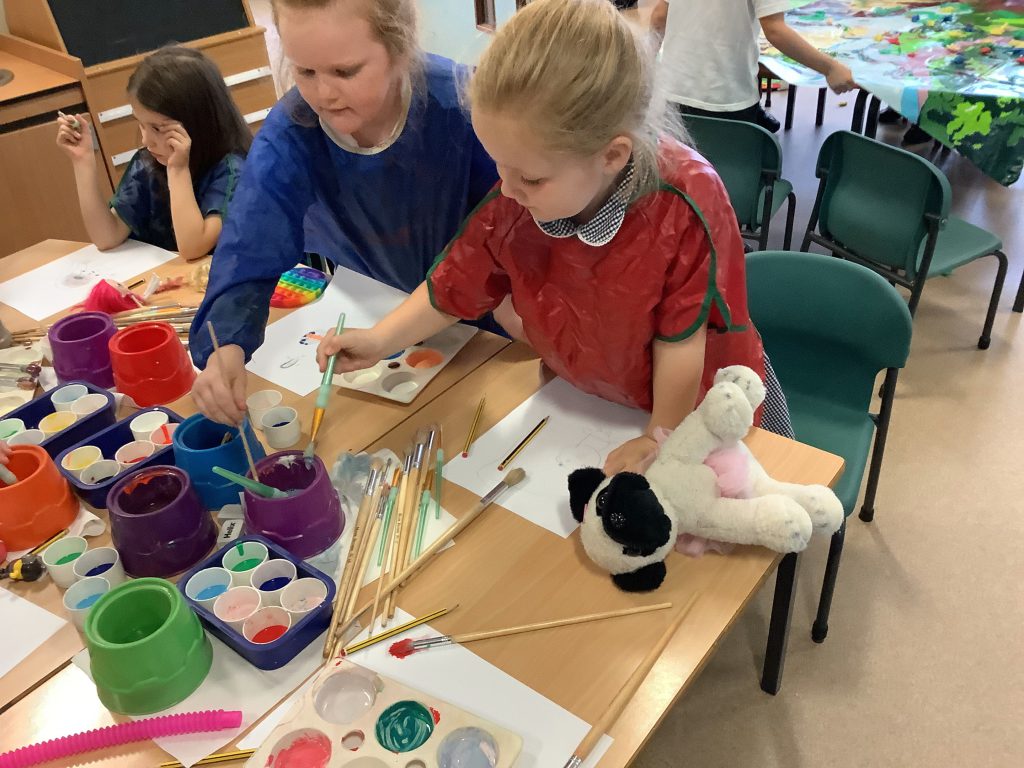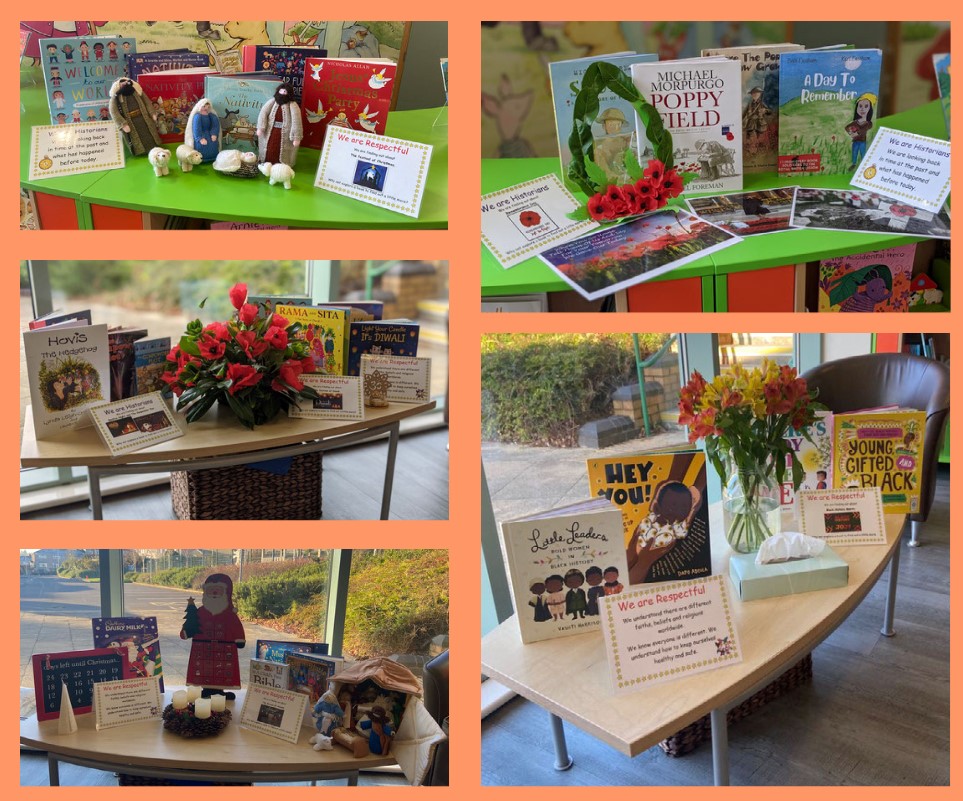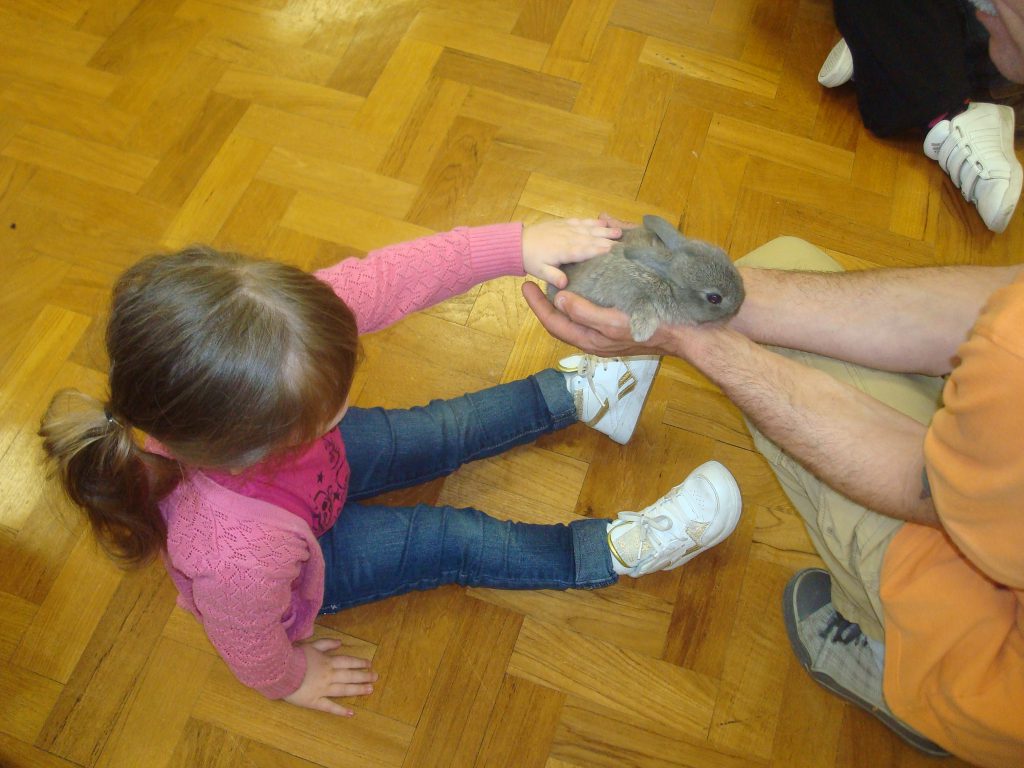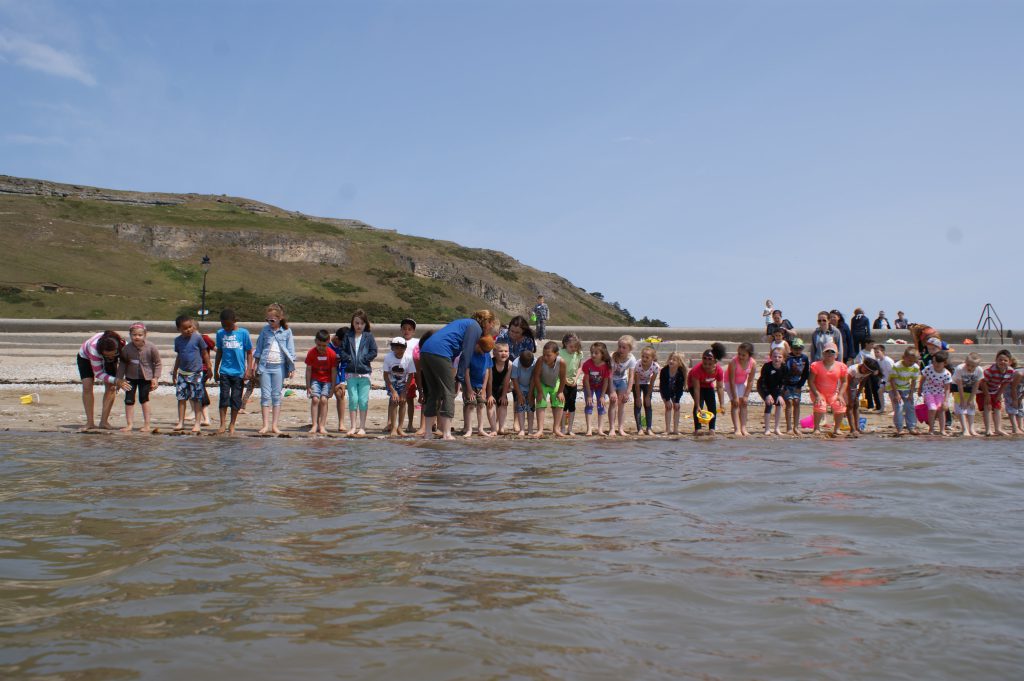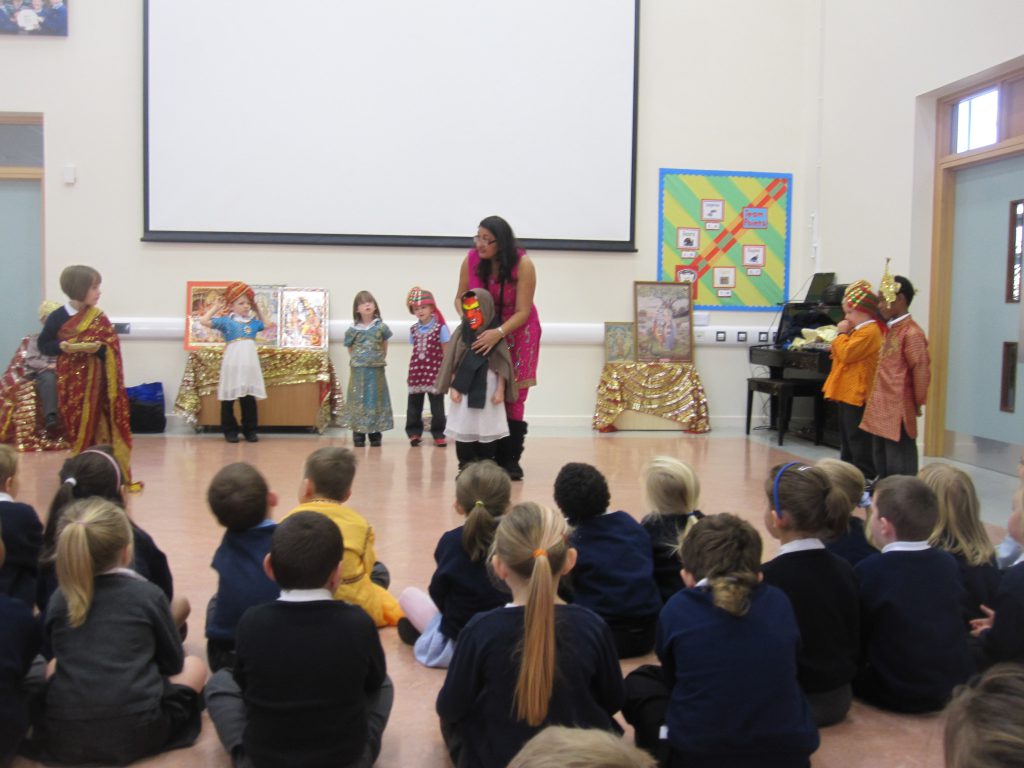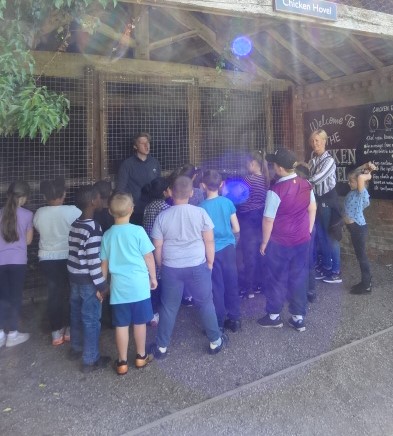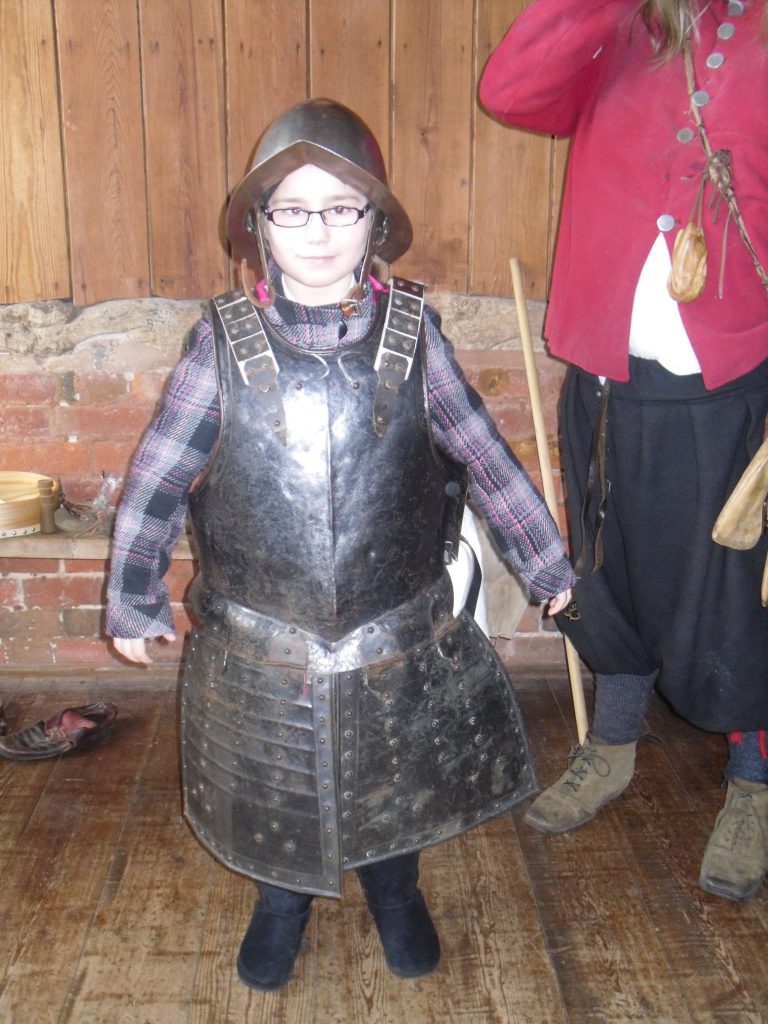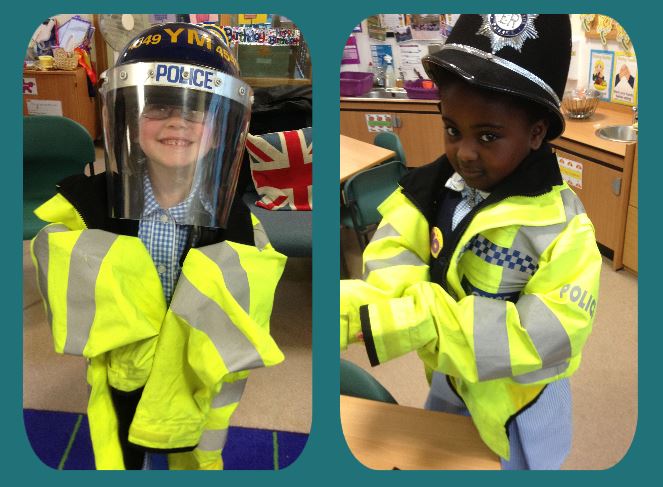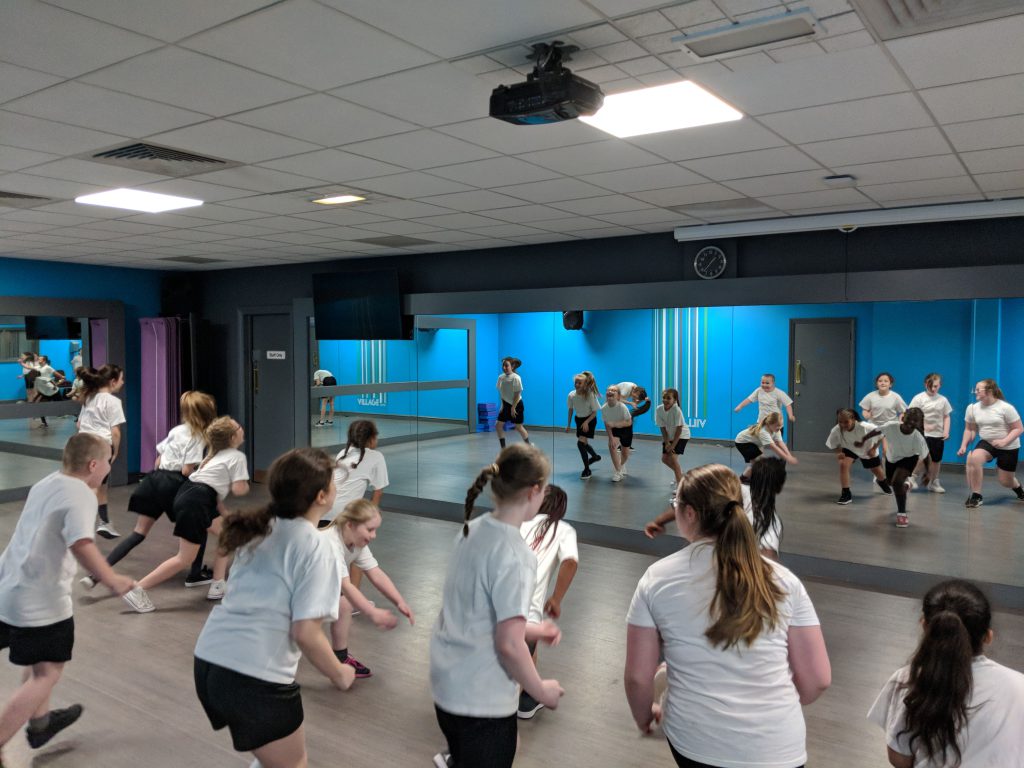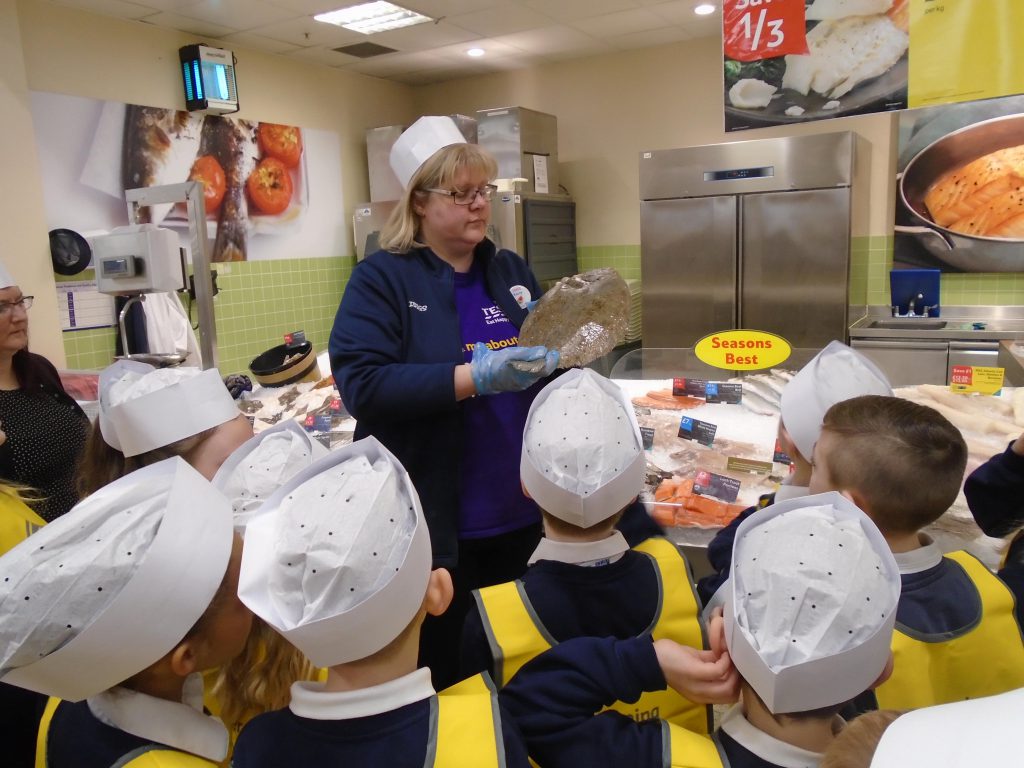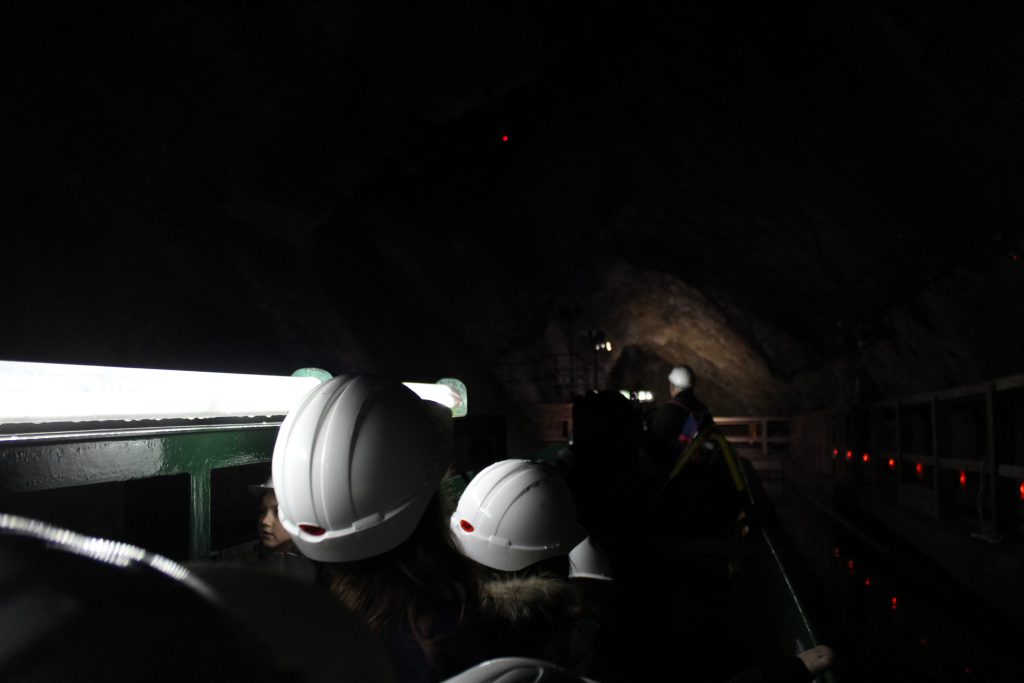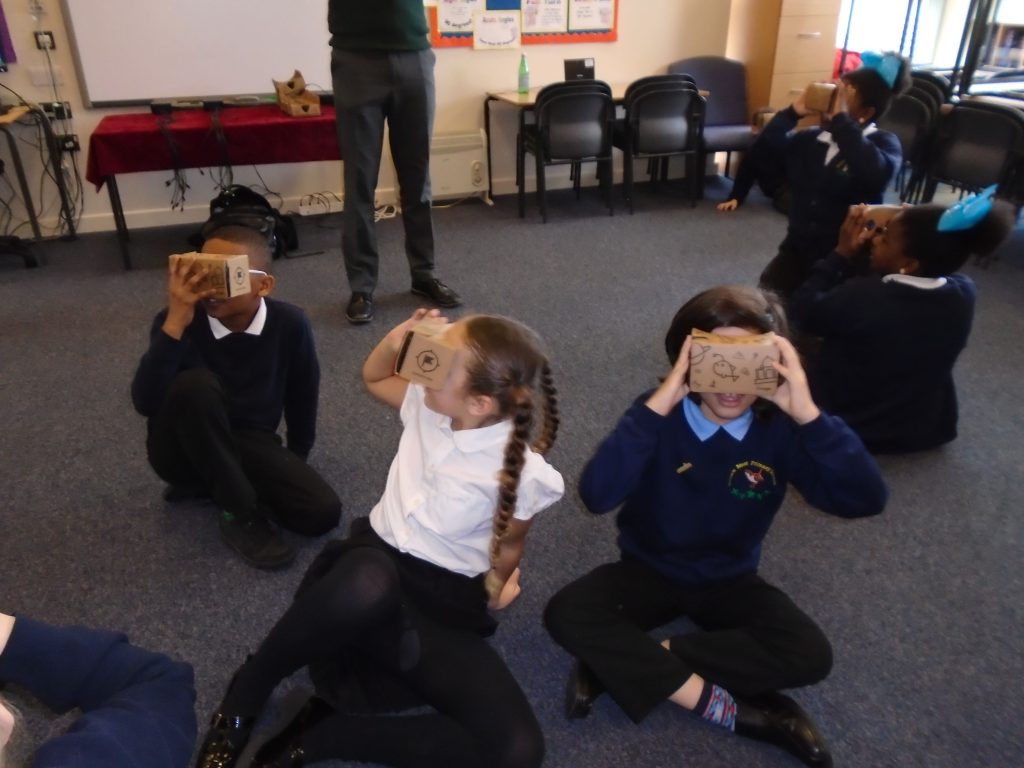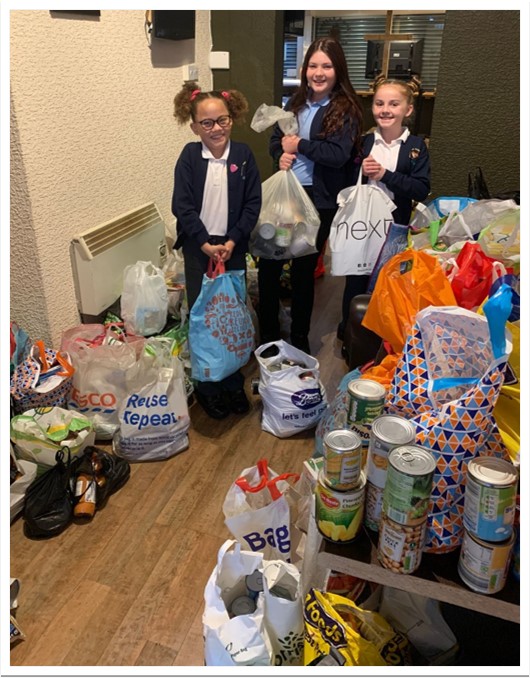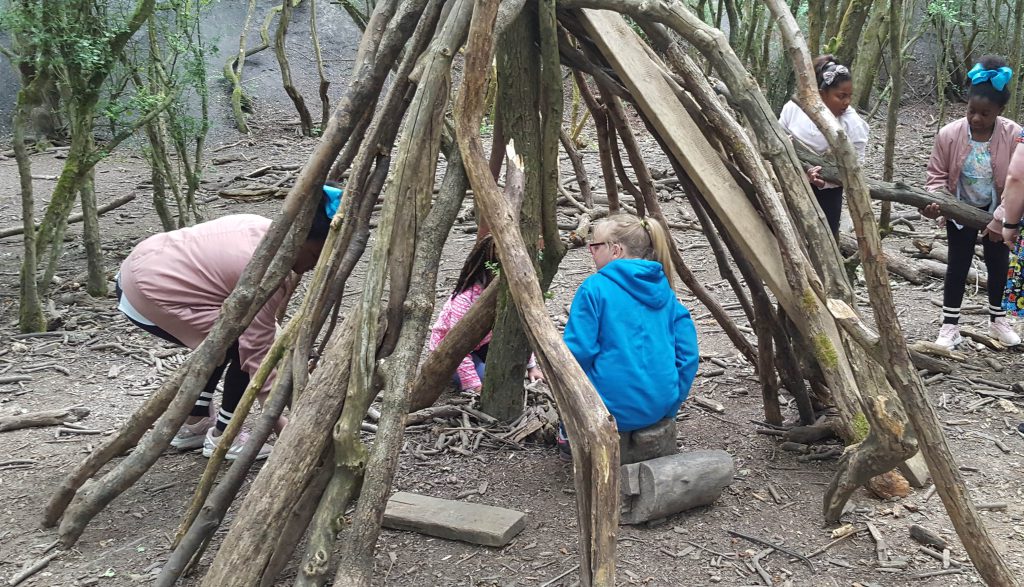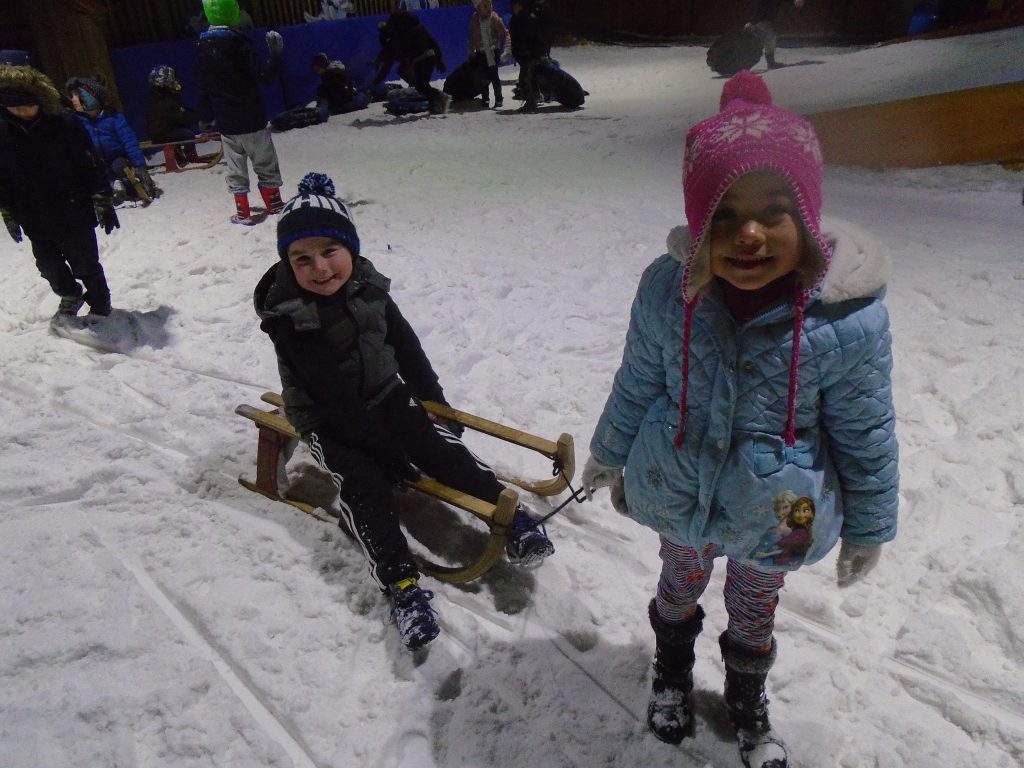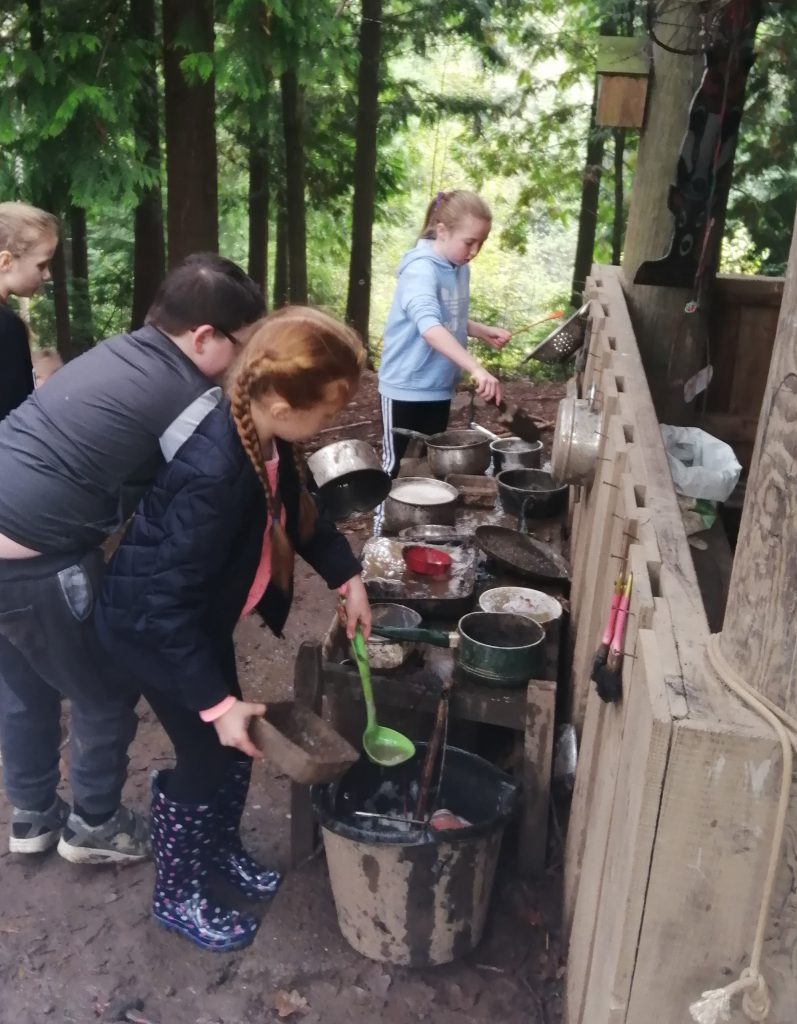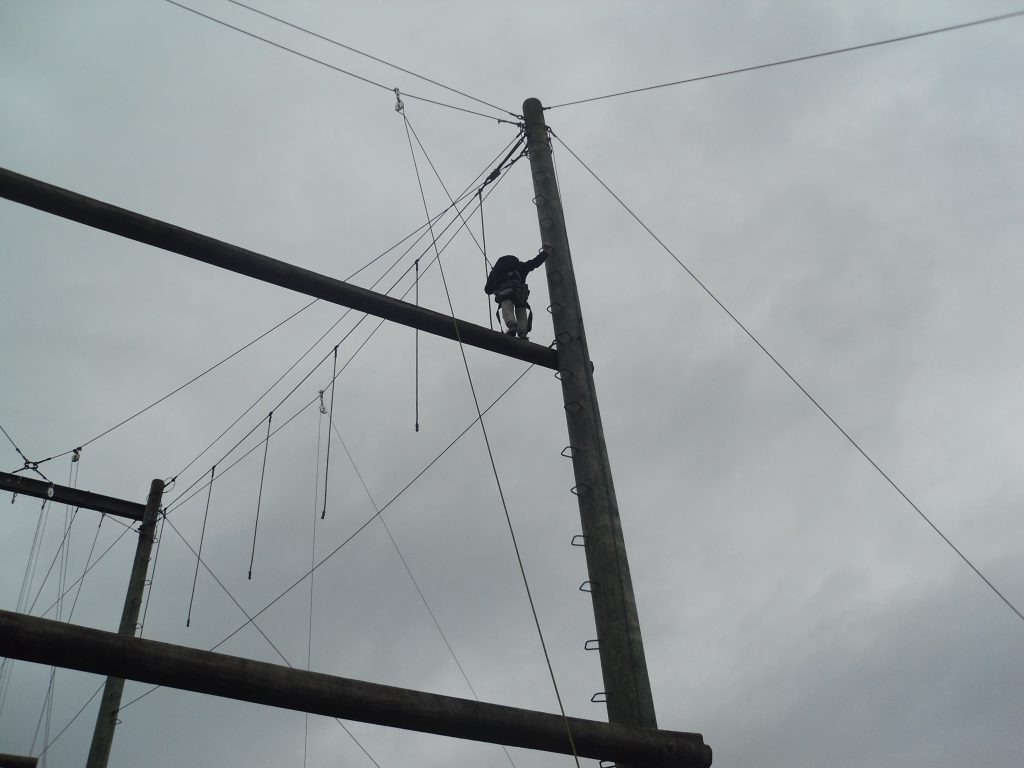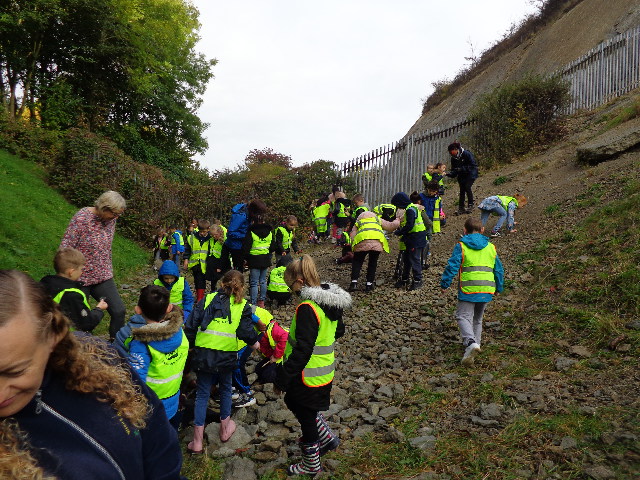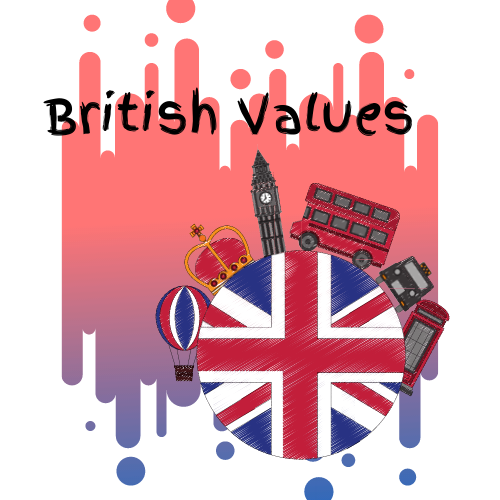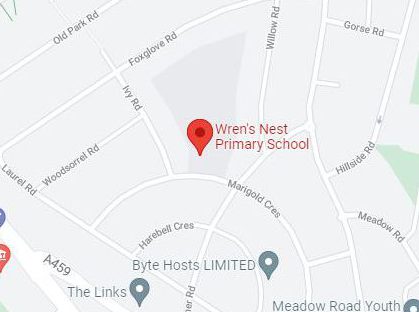British Values
At Wren’s Nest Primary School we recognise the multi-cultural and multi-faith nature of the United Kingdom. We are committed to serving our community and we value the diversity of backgrounds of all pupils, families and the wider school community.
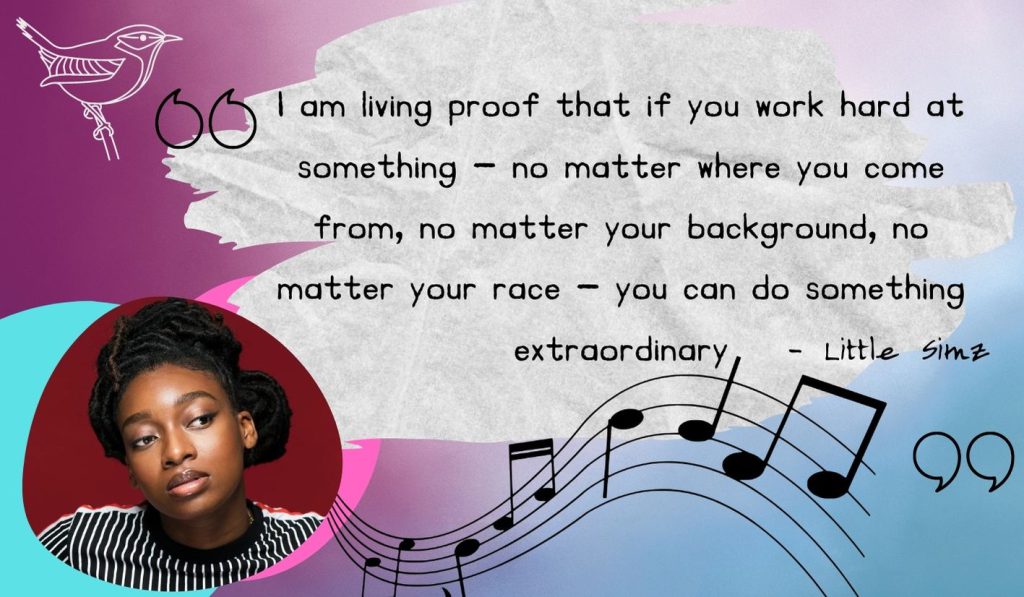
What does Cultural Capital Mean at Wren’s Nest?
Every child and family who joins our setting will bring their own knowledge and experiences that will link to their own culture and that of their wider family. This might include: languages, beliefs, traditions, cultural and family heritage, interests, hobbies, travel and work.
Research shows that when children and families’ cultures are valued, both the child’s experience of learning and progress can benefit (Husain et al., 2018, p. 4 and Gazzard, E. 2018 in Chalmers, H. and Crisfield, E. 2019)
Cultural capital is the accumulation of knowledge, behaviours, and skills that a child can draw upon and which demonstrates their cultural awareness, knowledge and competence; it is one of the key ingredients a pupil will draw upon to be successful in society, their career and the world of work.
Cultural capital gives power. It helps children achieve goals, become successful, and rise up the social ladder without necessarily having wealth or financial capital. Cultural capital is having assets that give children the desire to aspire and achieve social mobility whatever their starting point.
Ofsted define cultural capital as…
“As part of making the judgement about the quality of education, inspectors will consider the extent to which schools are equipping pupils with the knowledge and cultural capital they need to succeed in life.
Our understanding of ‘knowledge and cultural capital’ is derived from the following wording in the national curriculum: ‘It is the essential knowledge that pupils need to be educated citizens, introducing them to the best that has been thought and said and helping to engender an appreciation of human creativity and achievement.’ “
At Wren’s Nest, children benefit from a broad and balanced curriculum that builds on their previous knowledge and experiences. We believe that exposure, not only to culture but also to situations in which the children might not have previous experiences of, is of paramount importance to their ongoing successes.
Gradually widening children’s experiences as they progress through school is an important step in providing rich and engaging learning across the curriculum. We plan carefully for children to have progressively richer experiences in nursery and beyond. These include trips and visits to a wide range of places from the local park to places of worship, museums, farms and World Heritage sites to name just a few.
One of our principal aims in school is to close gaps with the experiences of the children at Wren’s Nest to children nationally. We achieve this is many ways, including trips, Enrichment Days, and hosting theatre groups within school. However, closing gaps in cultural capital can be tackled in many other ways, including normal lesson times. In every lesson, in every subject, we have the opportunity to address the differences in cultural capital.
Click on the Cultural Capital link below to see our Cultural Capital Map

Building Experiences and Knowledge by Immersing Children in the World Around Them
